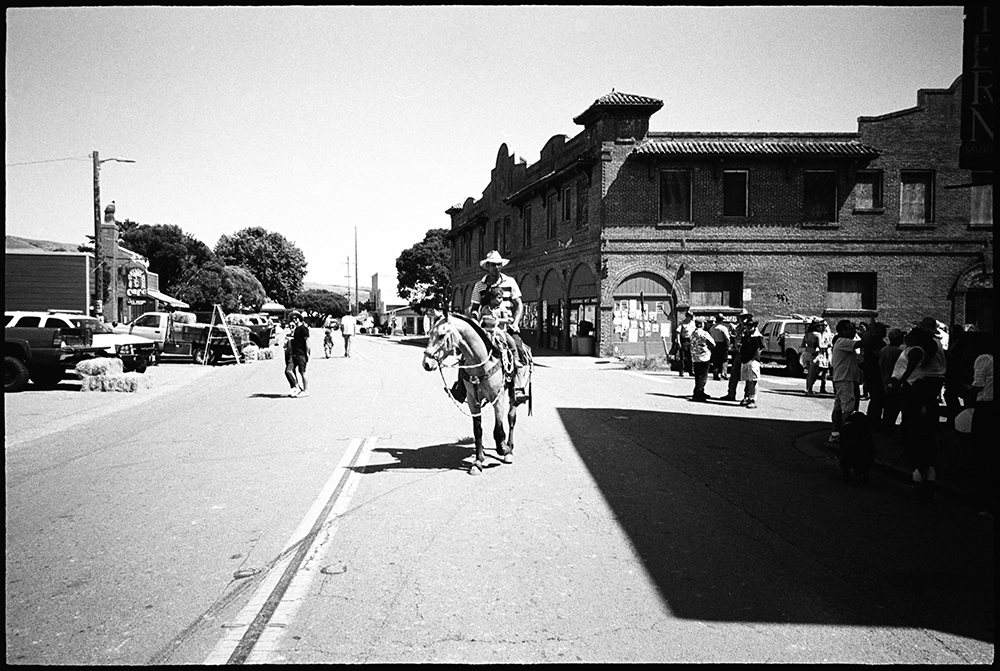The 66th annual Western Weekend parade drew a crowd of thousands to downtown Point Reyes Station on Sunday to carouse and celebrate West Marin . . .
Western Weekend a cultural success


The 66th annual Western Weekend parade drew a crowd of thousands to downtown Point Reyes Station on Sunday to carouse and celebrate West Marin . . .